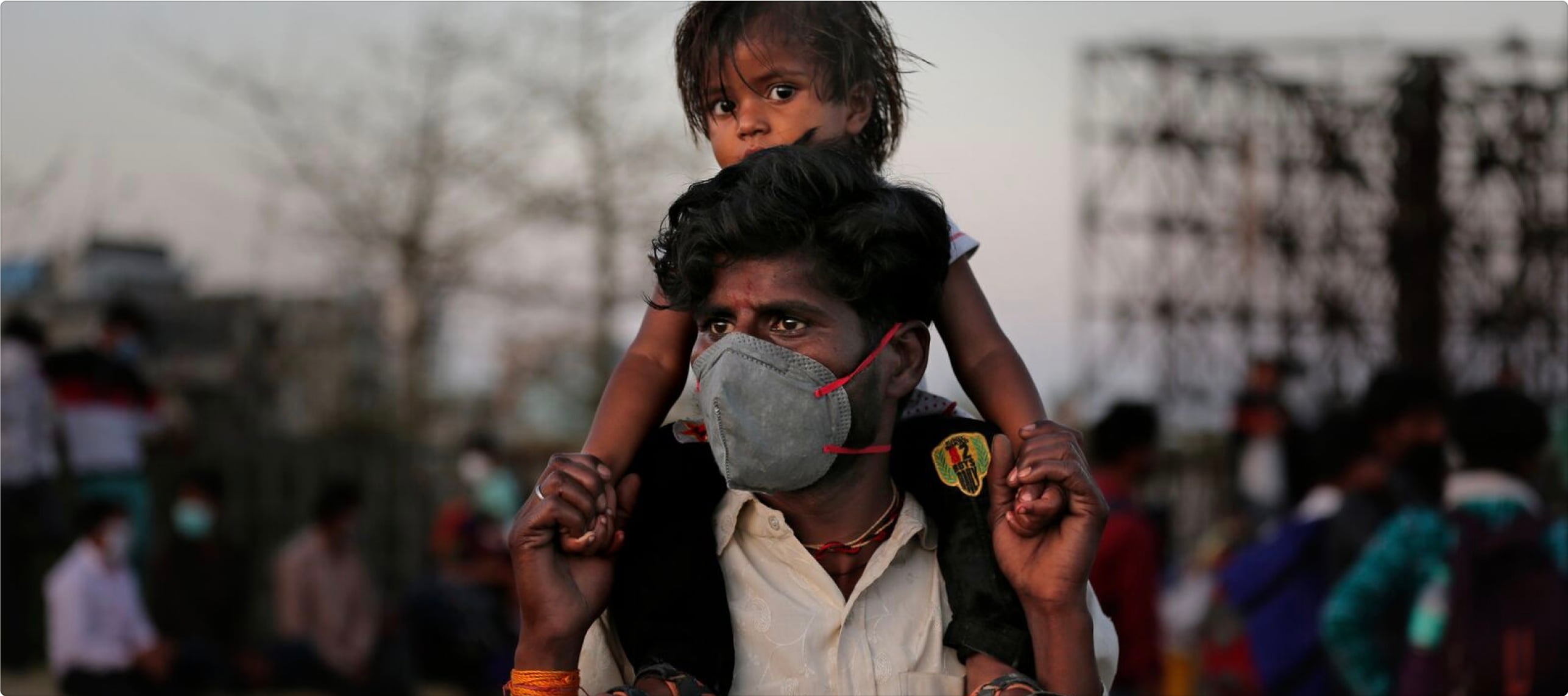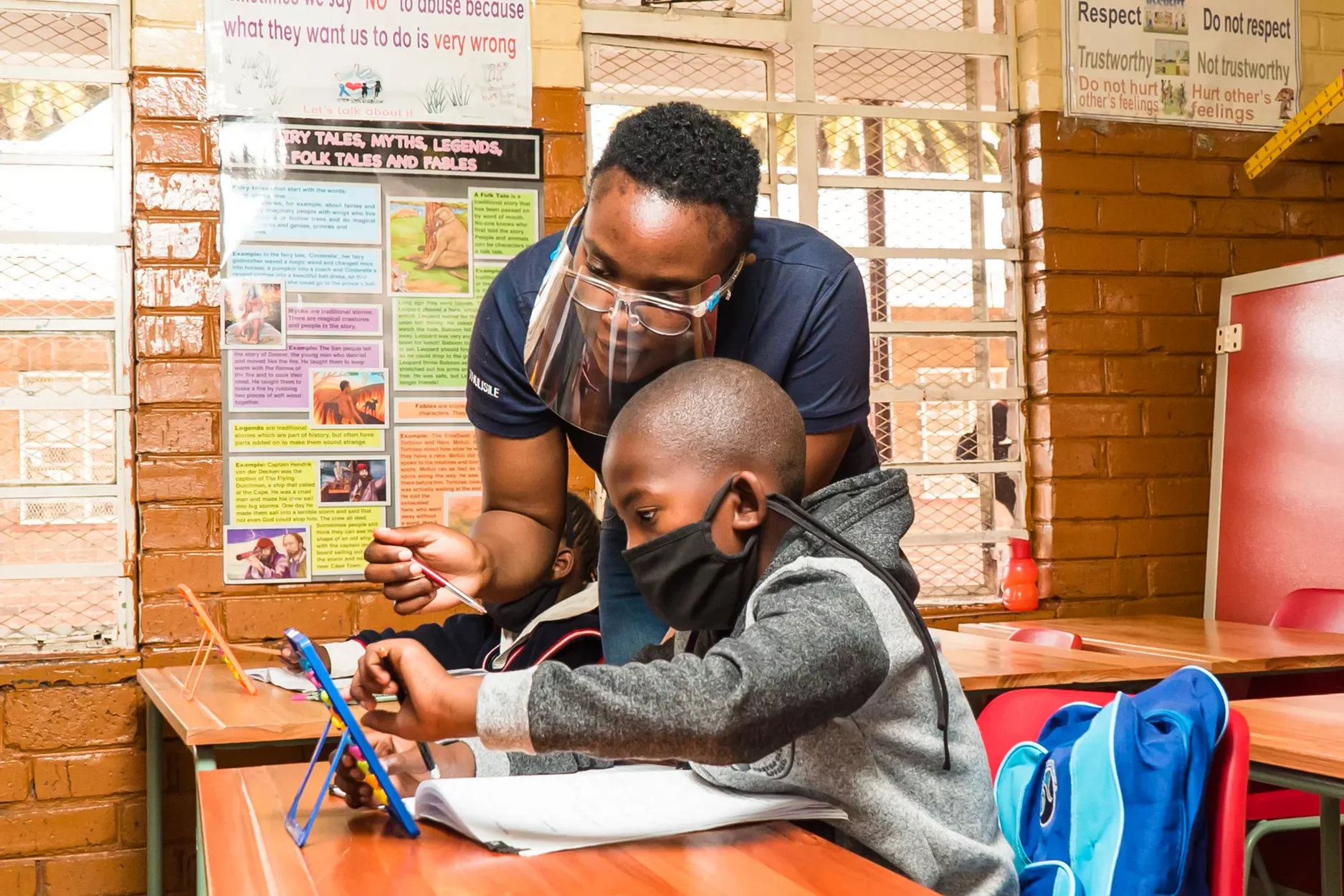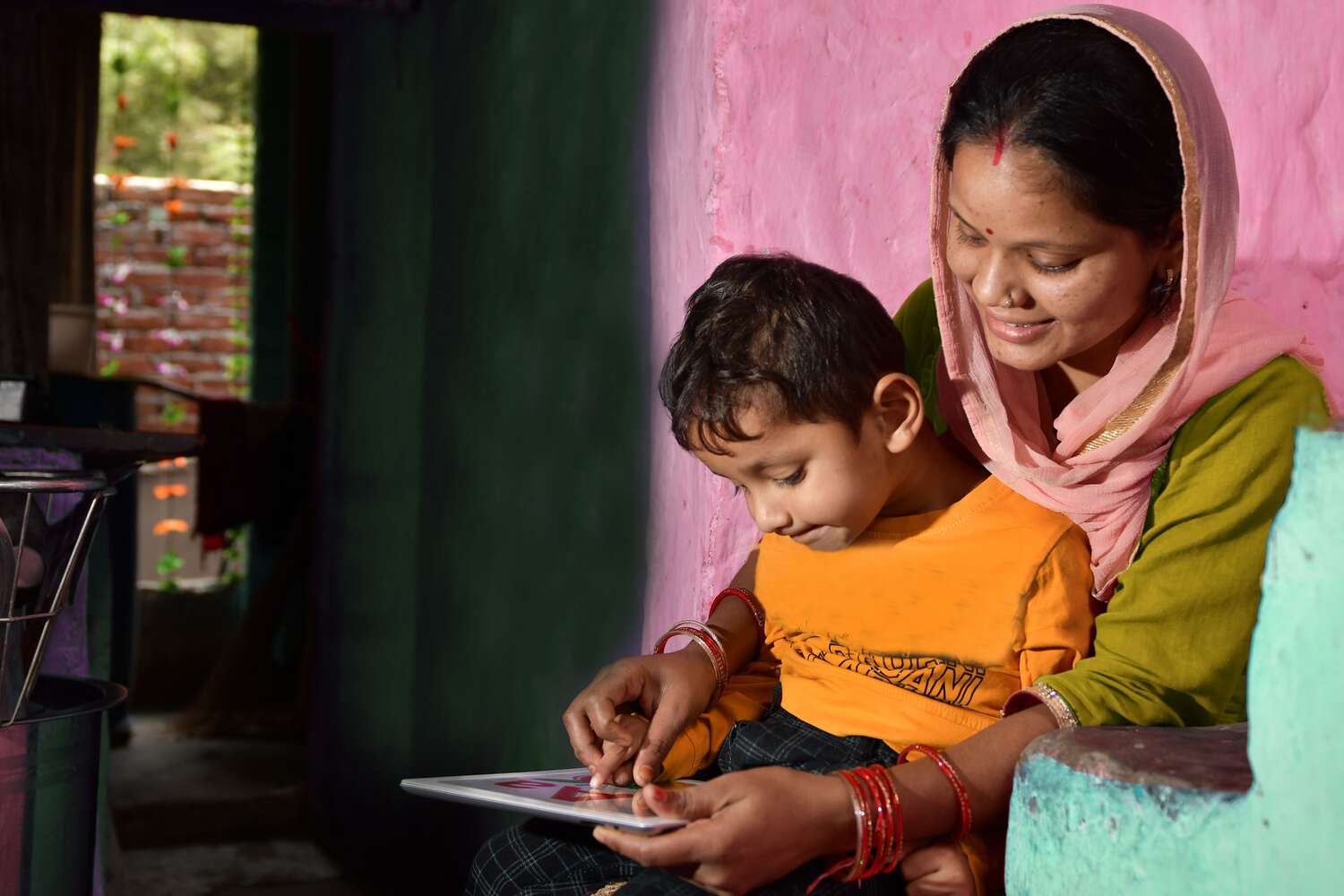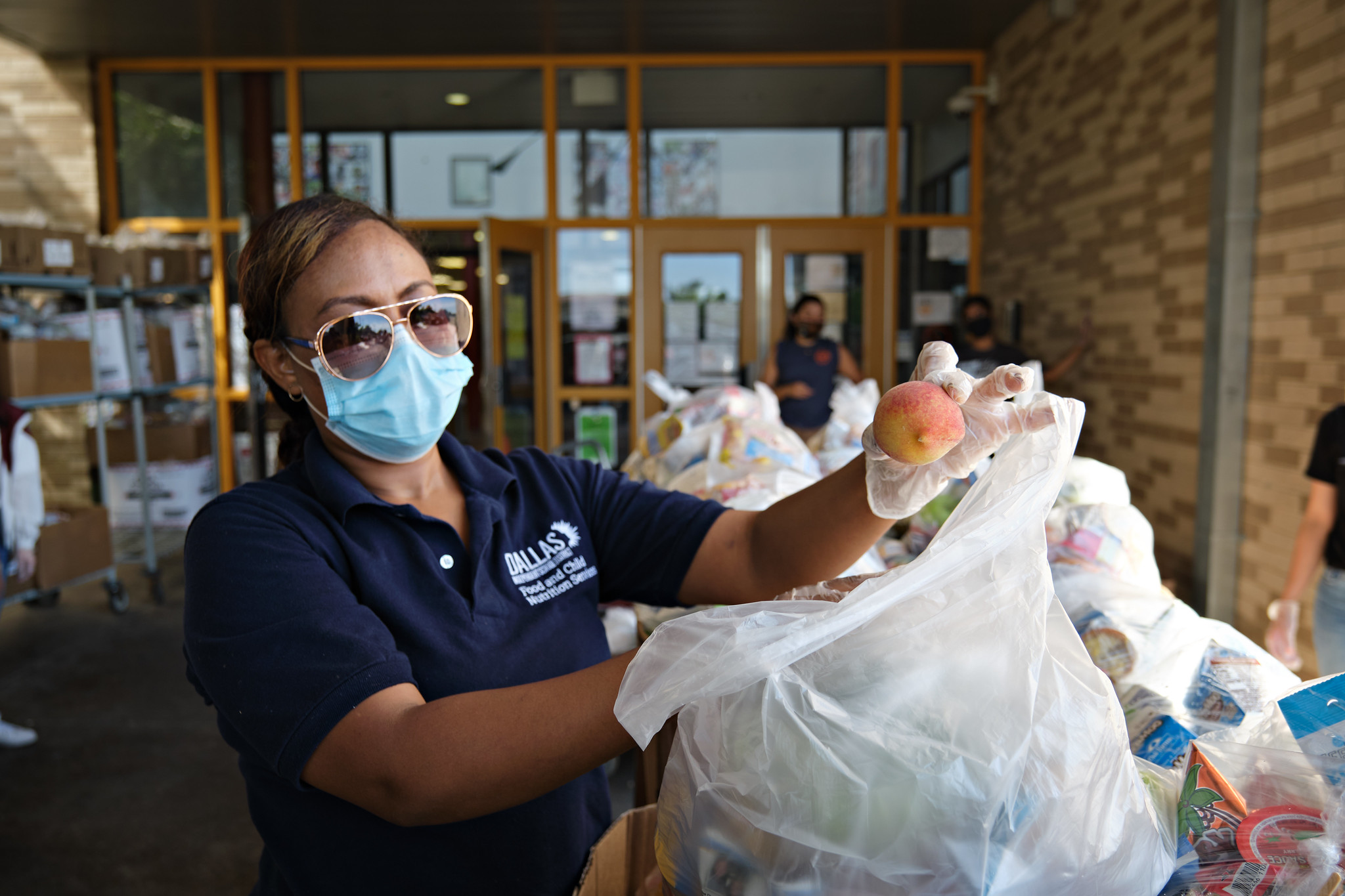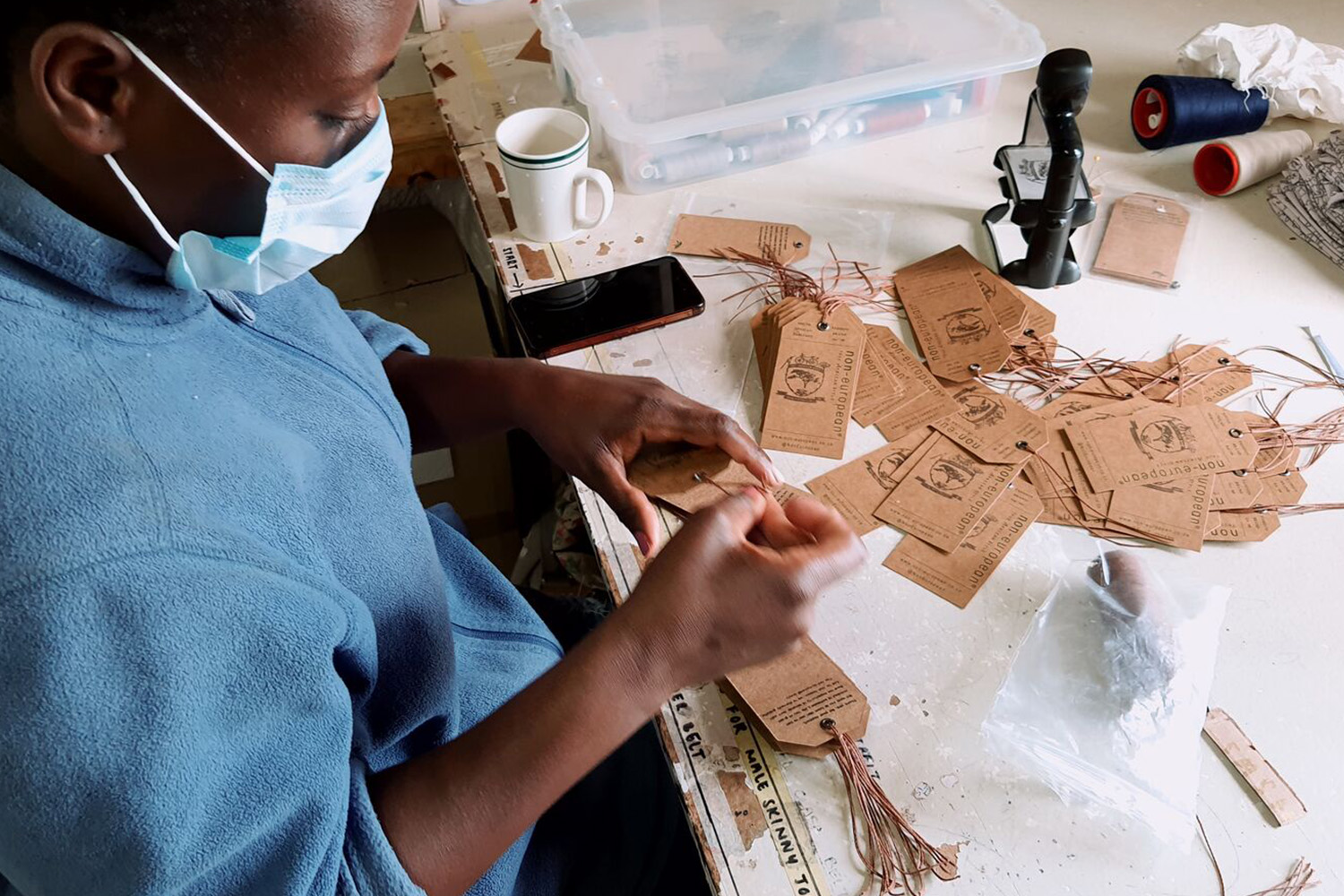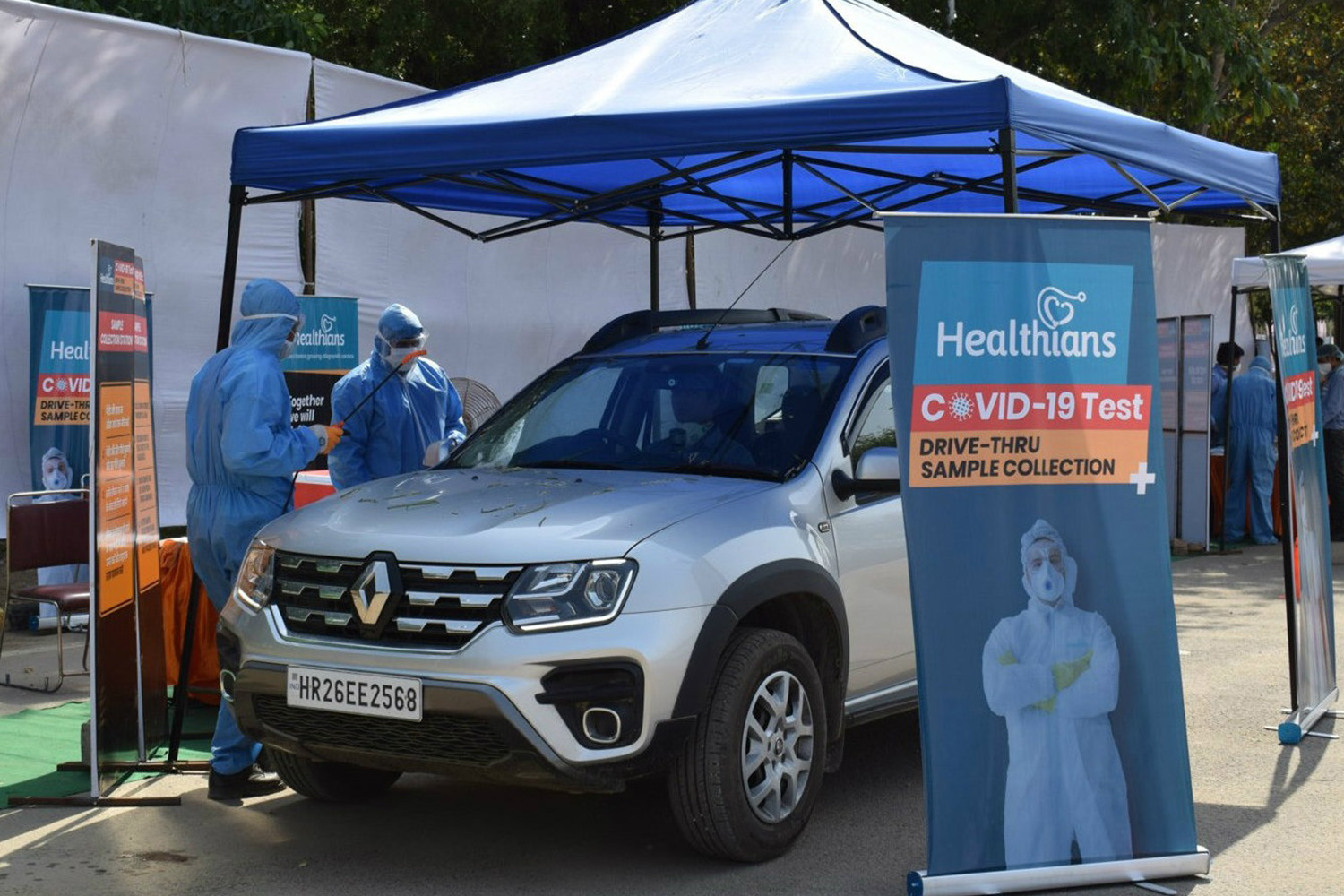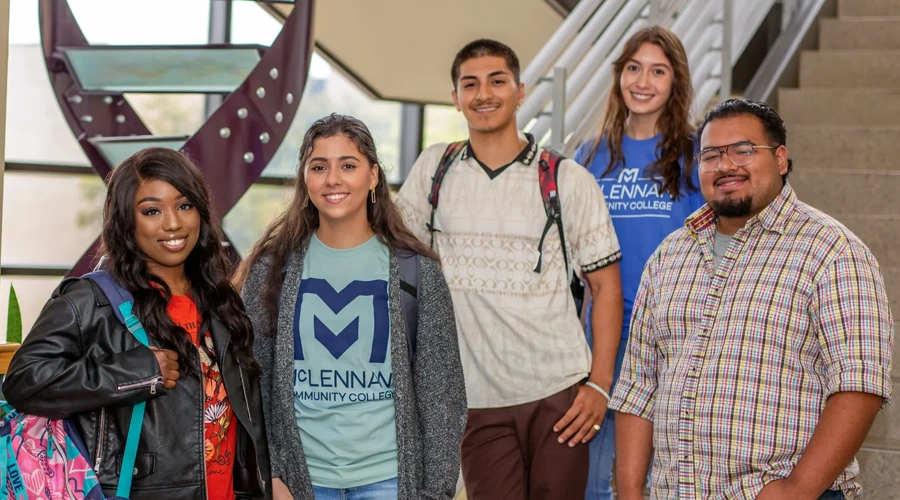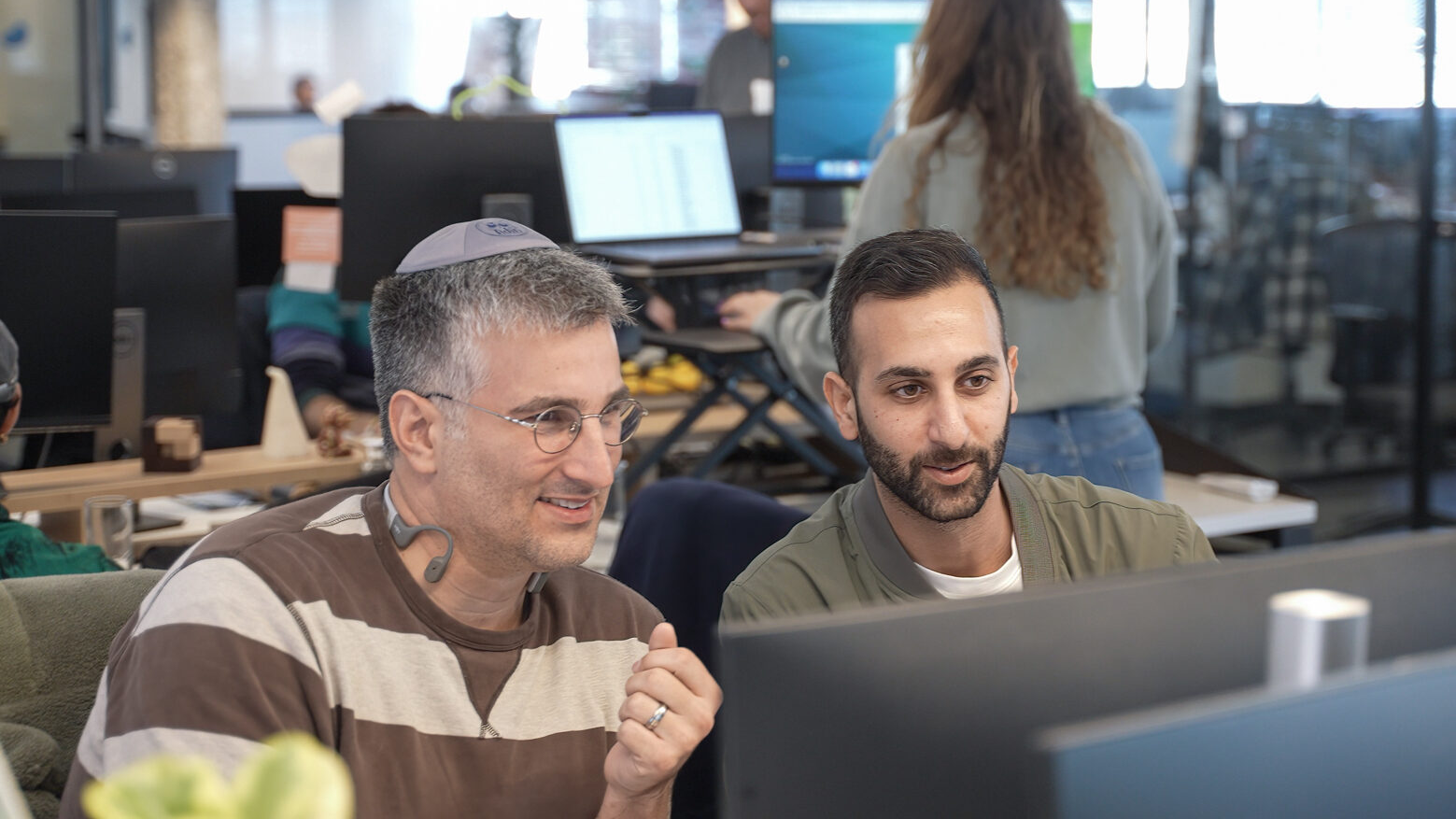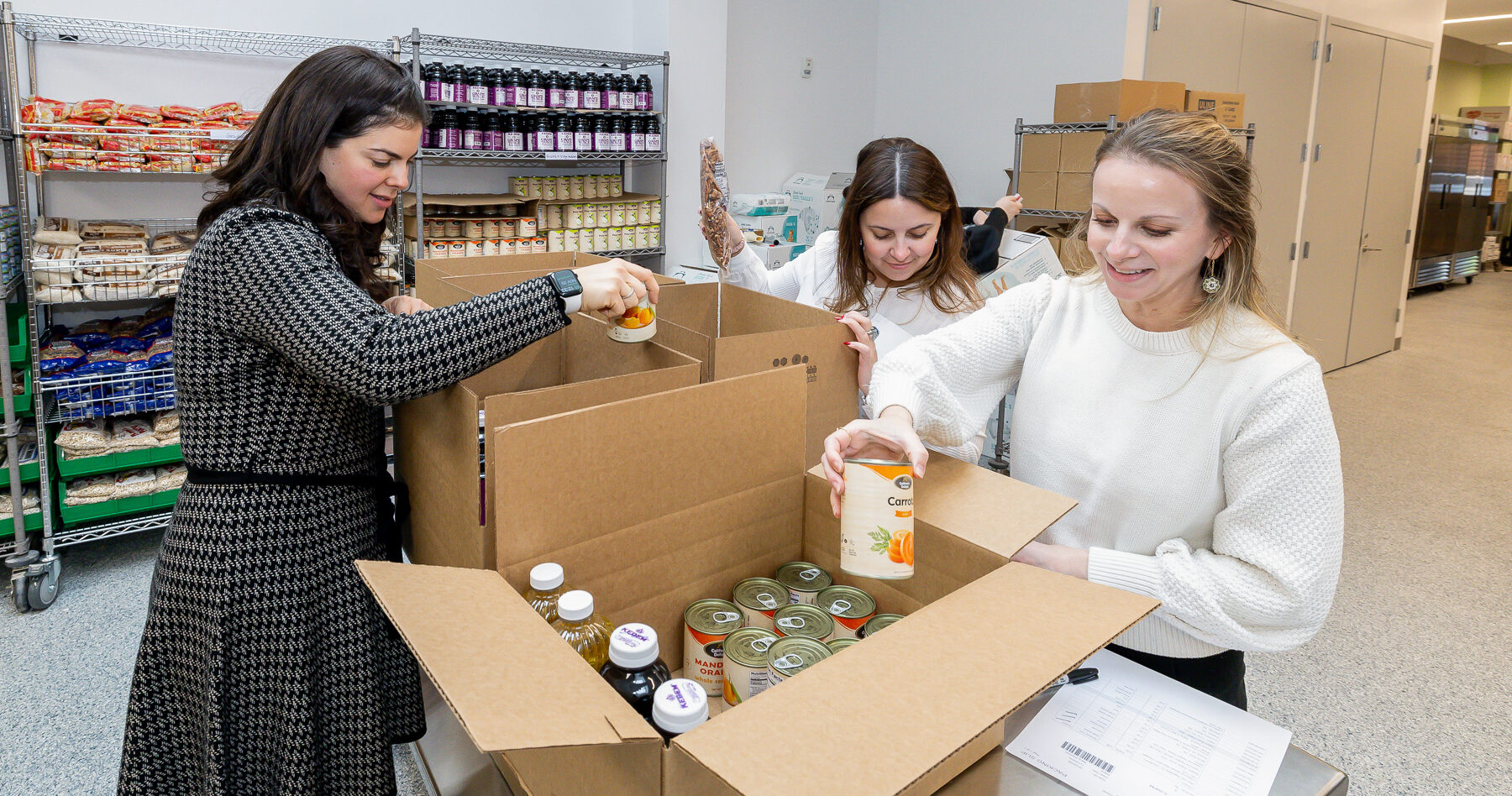When the COVID-19 pandemic disrupted lives worldwide, especially in under-resourced communities, the need for swift and decisive action became clear. We responded by directing $80 million to help our partners meet critical, immediate needs in health care, education, and economic stability.
Additionally, we committed $20 million to the COVID-19 Therapeutics Accelerator, a global initiative with the Bill & Melinda Gates Foundation, Wellcome, and Mastercard, aimed at accelerating the development of affordable virus treatments.
